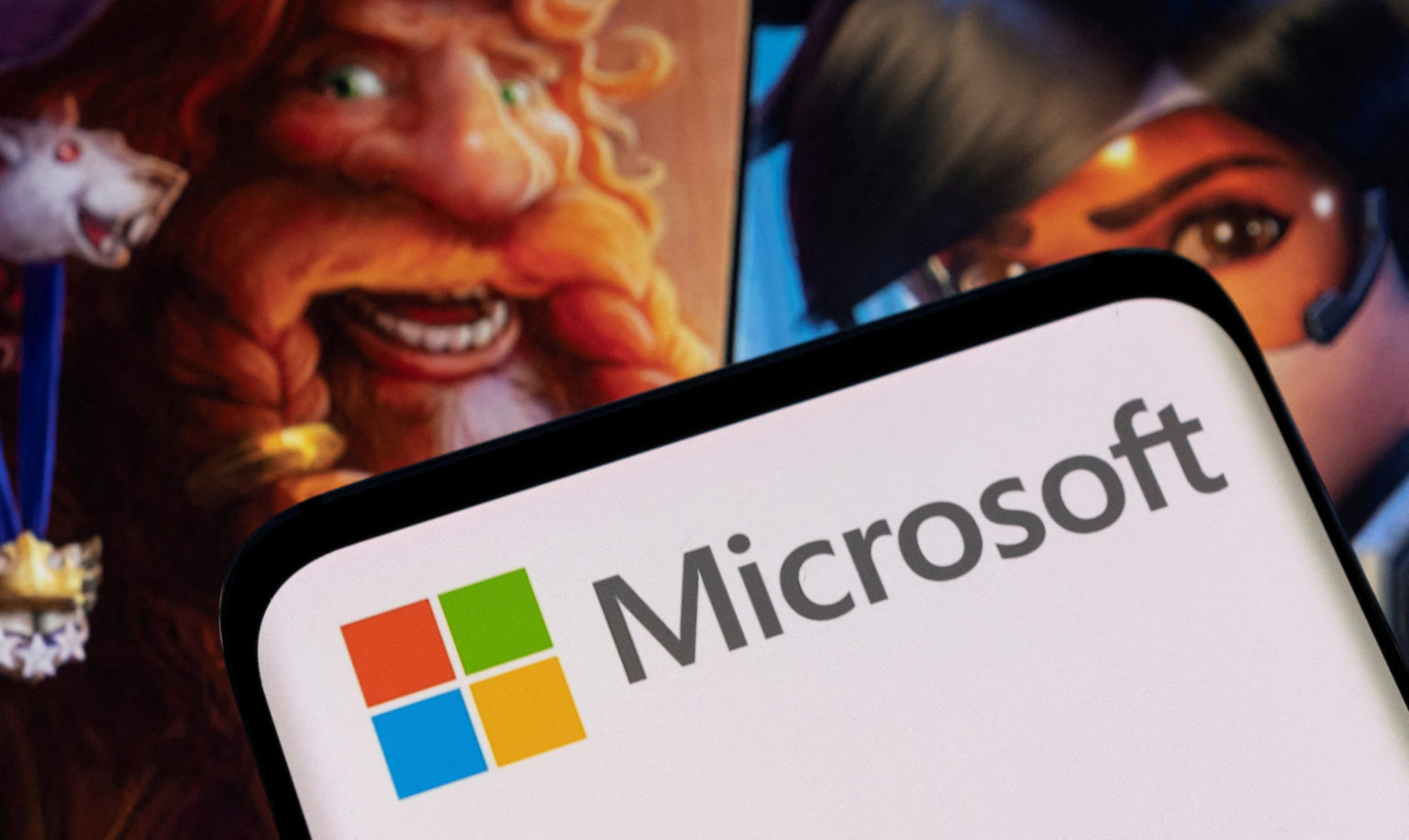|
Getting your Trinity Audio player ready...
|
The U.S. Federal Trade Commission (FTC) faces significant challenges in its attempt to temporarily block Microsoft’s $69 billion acquisition of Activision Blizzard, the maker of the popular video game franchise “Call of Duty,” according to legal experts.
Although U.S. District Judge Jacqueline Scott Corley recently approved the gaming industry’s largest-ever deal, rejecting the Biden administration’s argument that it would harm consumers, the FTC has appealed the decision. However, legal professionals believe that the rushed timing and the need to prove any alleged errors by the district court judge could pose obstacles to the FTC’s efforts.
The FTC has requested a preliminary injunction from the San Francisco-based 9th U.S. Circuit Court of Appeals to halt the deal while it prepares to challenge it at an upcoming trial in August. In its appeal, the FTC contends that Judge Corley’s order granting Microsoft permission to proceed with the acquisition set an overly high legal standard.
Legal experts acknowledge that the FTC has presented a compelling argument but caution that success is not guaranteed. Merger cases of this nature are rare in federal courts, adding an element of uncertainty to the outcome.
The temporary order issued by Judge Corley, which blocks the deal, is set to expire on Friday at 11:59 p.m. Pacific Time. The appeals court is expected to issue an order on Friday, and legal experts suggest that the court could either temporarily block the deal for a few days to allow for further examination or grant the FTC’s request for an injunction, resulting in a more prolonged pause. Alternatively, the court may deny the request altogether.
Microsoft President Brad Smith has expressed confidence in the company’s position, calling the FTC’s case “demonstrably weak.” He has stated that Microsoft will oppose any further attempts to delay the deal.
Antitrust experts note that the outcome of this case could have broader implications beyond the Microsoft-Activision merger, as it has the potential to impact future challenges to vertical mergers—deals between companies in different parts of the same supply chain.
While the appeals court is expected to move swiftly, legal experts also point out that the FTC is responsible for the time constraints it faces. They note that the FTC could have filed the case in federal court back in December but instead pursued it through the agency’s in-house forum, where the administrative law judge lacks the power to issue a preliminary injunction.
The FTC’s request for an injunction resembles a similar case in 2007 when the FTC sought to block Whole Foods’ merger with Wild Oats. The D.C. Circuit issued an administrative stay, which lasted a few days before a panel dissolved the order, allowing the merger to proceed.
The appeals court will need to consider the arguments and evidence presented by both the FTC and Microsoft, weighing the alleged errors made by the district court judge and the potential impact of the acquisition on competition and consumer welfare. The outcome of this legal battle will have far-reaching implications for the gaming industry and could shape future antitrust enforcement efforts in vertical merger cases.
The outcome of the legal battle between the FTC and Microsoft over the acquisition of Activision Blizzard will have significant implications for future antitrust enforcement efforts in vertical merger cases. Vertical mergers involve companies from different parts of the supply chain and raise unique concerns regarding market concentration and potential anti-competitive behavior.
The FTC’s decision to challenge the Microsoft-Activision Blizzard deal underscores the agency’s focus on scrutinizing mergers in the technology and gaming sectors, where consolidation can lead to market dominance and hinder competition. If the FTC succeeds in obtaining a preliminary injunction to block the deal, it would send a strong signal to other companies contemplating similar mergers that antitrust regulators are closely monitoring and prepared to intervene.
Legal experts emphasize that the success of the FTC’s appeal will depend on its ability to demonstrate significant errors in the district court judge’s decision. The appeals court will carefully assess the legal arguments, the competitive landscape of the gaming industry, and the potential impact of the merger on consumers. While the outcome is uncertain, a ruling in favor of the FTC could influence future merger reviews and antitrust enforcement efforts in vertical integration cases.
The Microsoft-Activision Blizzard deal is particularly noteworthy due to the size and significance of the companies involved. Microsoft’s deep pockets and vast resources, coupled with Activision Blizzard’s extensive portfolio of popular games, would create a formidable force in the gaming industry. The merger could potentially reshape the competitive dynamics of the market, leading to concerns about increased market power and potential anti-competitive practices.
It is worth noting that the legal proceedings, in this case, come at a time of heightened scrutiny on the tech industry by lawmakers and regulators globally. Governments and regulatory bodies are increasingly concerned about the concentration of power among a few dominant players and are actively exploring ways to promote competition and protect consumer interests.
The outcome of the FTC’s appeal will not only shape the future of the Microsoft-Activision Blizzard deal but also influence how regulators approach vertical merger cases in the technology and gaming sectors moving forward. It will provide valuable insights into the legal framework and standards applied by the courts when evaluating the competitive effects of such mergers and could set important precedents for future antitrust enforcement actions.
As the legal battle unfolds, industry stakeholders, competitors, and consumers will closely follow developments and anticipate the implications for the gaming industry and broader discussions around antitrust regulation in the tech sector. The case serves as a reminder that mergers and acquisitions in the digital age are subject to rigorous scrutiny, with regulatory bodies increasingly focused on preserving competition, innovation, and consumer welfare in rapidly evolving markets.
